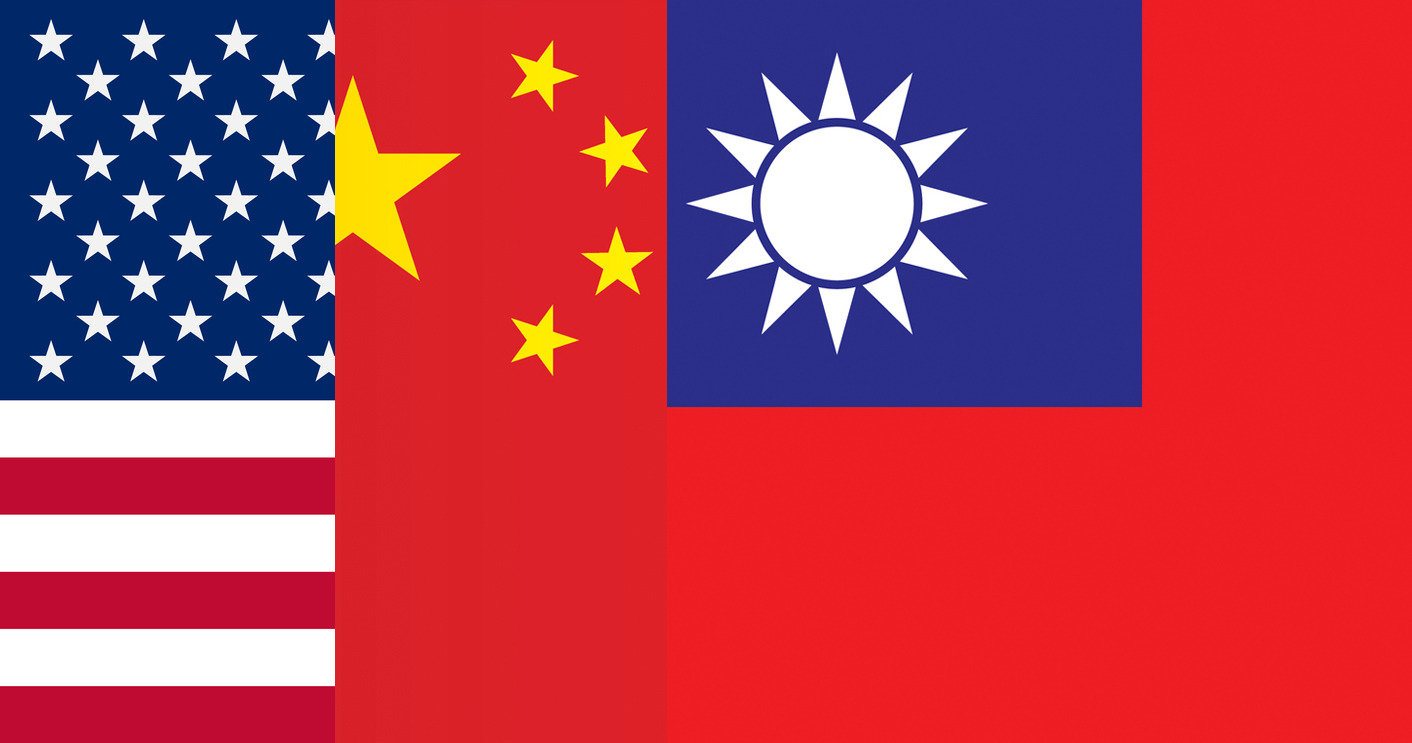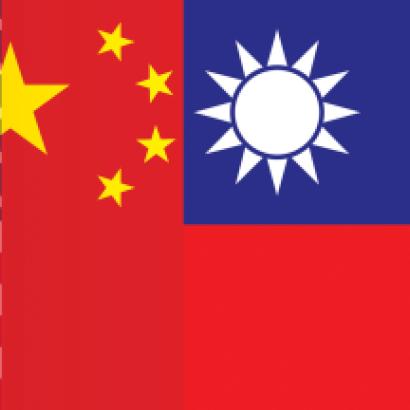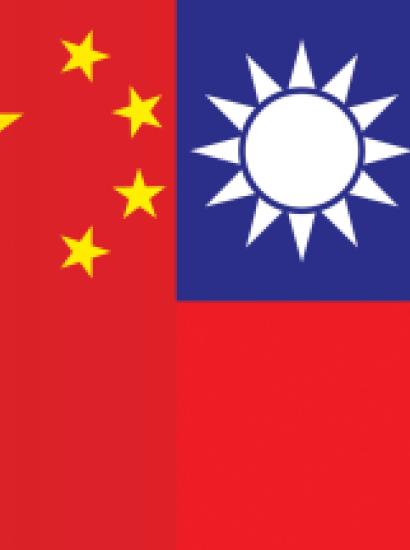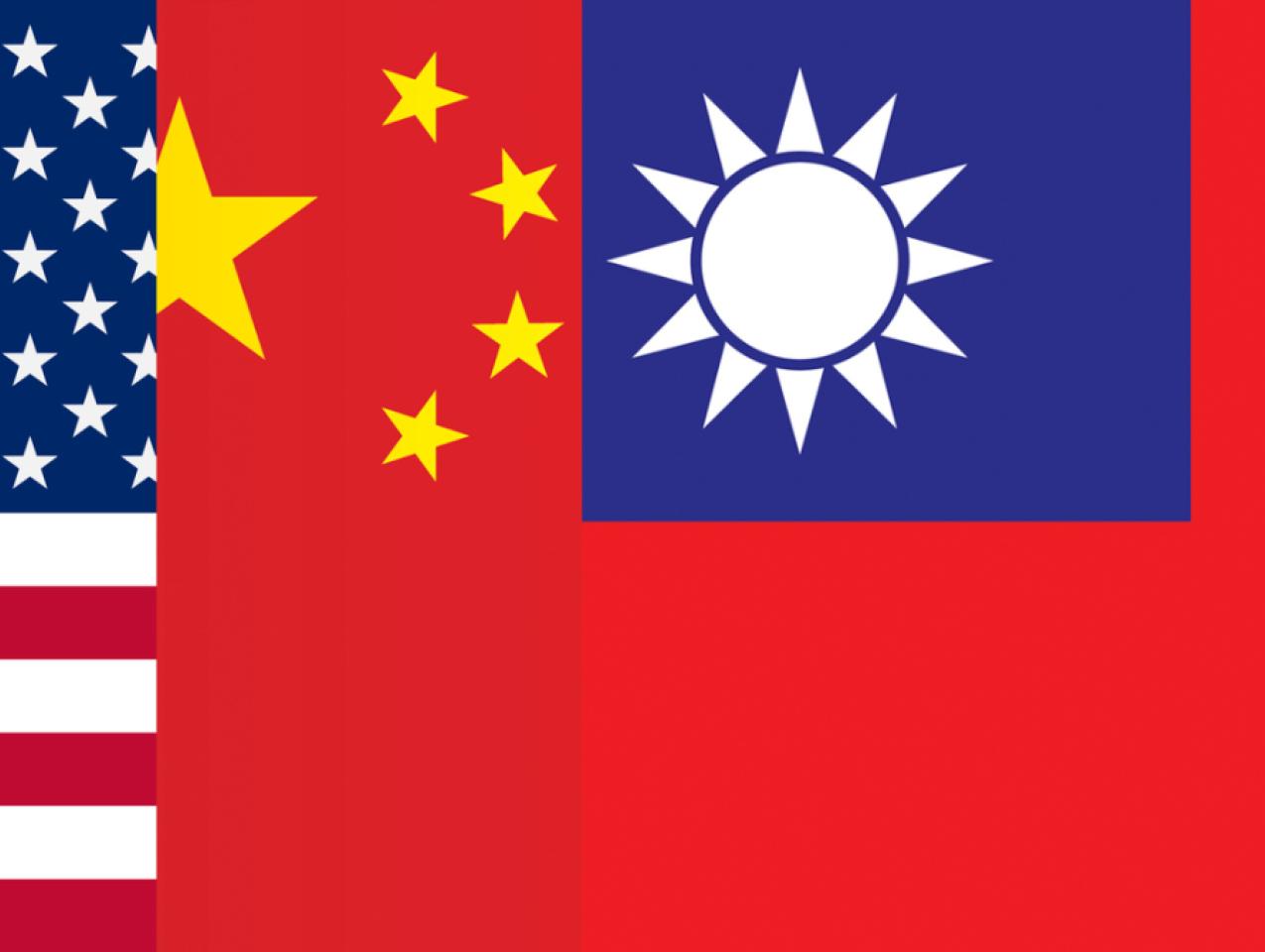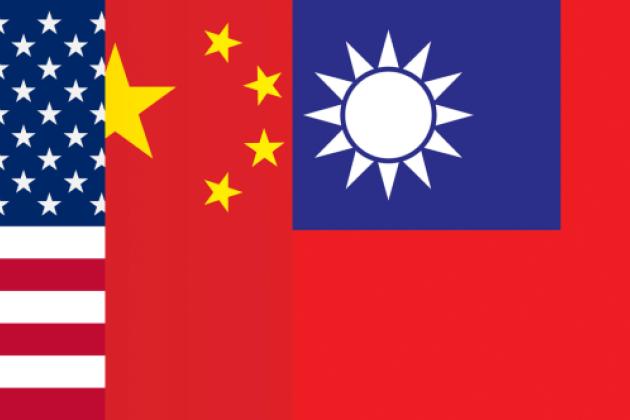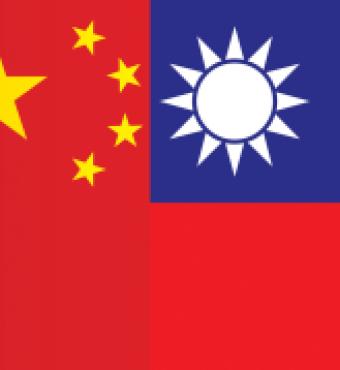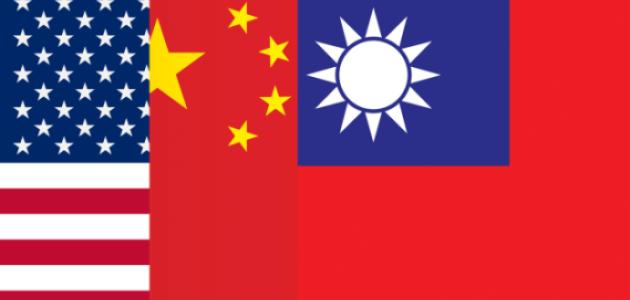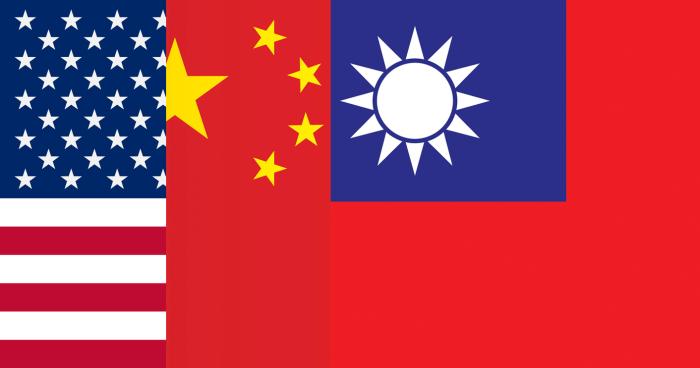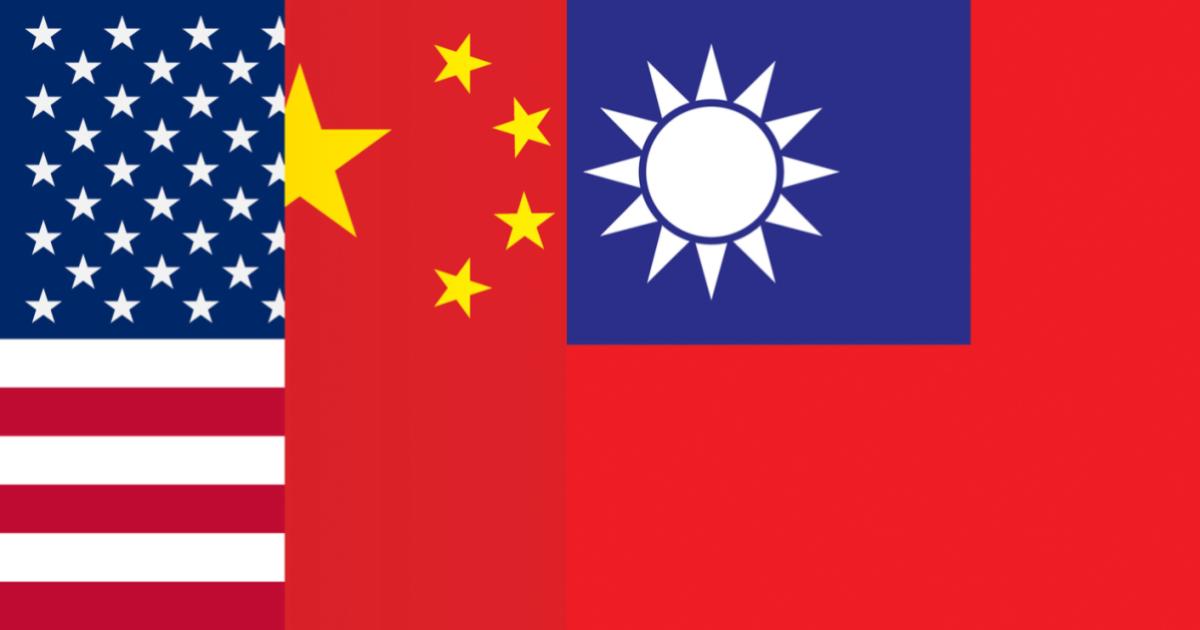- International Affairs
- Key Countries / Regions
- China
- Security & Defense
- US Defense
- US Foreign Policy
- History
- Economic
- Military
- Contemporary
- US
- World
- Law & Policy
- Civil Rights & Race
The Hoover Institution hosts The United States, China, and Taiwan—A Strategy to Prevent War on Thursday, April 15 from 9:00 a.m. - 10:15 a.m. PT.
On behalf of its projects on China’s Global Sharp Power and on Taiwan in the Indo-Pacific Region, and its National Security Task Force, the Hoover Institution invites you to The United States, China, and Taiwan—A Strategy to Prevent War.
Robert Blackwill and Philip Zelikow introduce their recent report on the growing danger of war between China and the United States over Taiwan and propose a new US strategy to prevent it. Following their presentation, Hoover Institution fellows General James Mattis (ret.) and Admiral James Ellis (ret.) will offer remarks. The program will conclude with audience questions.
Featuring Robert D. Blackwill, Henry A. Kissinger Senior Fellow for US Foreign Policy, Council on Foreign Relations, and Philip D. Zelikow, Distinguished Visiting Fellow at the Hoover Institution, and White Burkett Miller Professor of History and J. Wilson Newman Professor of Governance, Miller Center, University of Virginia.
Followed by remarks from Admiral James O. Ellis Jr. (ret), Annenberg Distinguished Visiting Fellow, Hoover Institution, and General James Mattis (ret), Davies Family Distinguished Fellow, Hoover Institution. Moderated by Larry Diamond, Senior Fellow, Hoover Institution, Senior Fellow, Freeman Spogli Institute for International Studies (FSI)
ABOUT THE SPEAKERS:
Robert D. Blackwill is the Henry A. Kissinger Senior Fellow for US Foreign Policy at the Council on Foreign Relations and the Diller–von Furstenberg Family Foundation Distinguished Scholar at the Henry A. Kissinger Center for Global Affairs at the Johns Hopkins School of Advanced International Studies. His current work focuses on US foreign policy writ large as well as on China, Russia, the Middle East, South Asia, and geoeconomics. As deputy assistant to the president and deputy national security advisor for strategic planning under President George W. Bush, Blackwill was responsible for governmentwide policy planning to help develop and coordinate the mid- and long-term direction of US foreign policy. He also served as presidential envoy to Iraq. Blackwill went to the National Security Council after serving as the US ambassador to India from 2001 to 2003. He is the recipient of the 2007 Bridge-Builder Award for his role in transforming US-India relations. In 2016 he became the first US ambassador to India since John Kenneth Galbraith to receive the Padma Bhushan Award from the government of India for distinguished service of a high order.
Philip Zelikow is a Distinguished Visiting Fellow at the Hoover Institution, and the White Burkett Miller Professor of History and J. Wilson Newman Professor of Governance at the Miller Center, both University of Virginia, where he has also served as dean of the graduate school and director of the Miller Center. His scholarly work has focused on critical episodes in American and world history. He was a trial and appellate lawyer and then a career diplomat before taking academic positions at Harvard, then Virginia. Before and during his academic career, he has served at all levels of American government. His federal service during five administrations has included positions in the White House, State Department, and the Pentagon. His last full-time government position was as counselor of the Department of State, a deputy to Secretary Condoleezza Rice. Mr. Zelikow is one of the few individuals ever to serve on the President’s Intelligence Advisory Board under presidents of both major parties, George W. Bush and Barack Obama. He has also been a member of the Defense Policy Board for Defense Secretary Ashton Carter and a member of the board of the Bill and Melinda Gates Foundation. In 2020, he was elected a member of the American Academy of Diplomacy.
James O. Ellis Jr. is an Annenberg Distinguished Visiting Fellow at the Hoover Institution, focusing on energy and national security policies. In 2004, Admiral Ellis completed his 39-year US Navy career as commander of US Strategic Command. His service included carrier-based tours with three fighter squadrons and command of a nuclear-powered aircraft carrier. He has two graduate engineering degrees, is a graduate of the Navy Nuclear Power Training Program, and is a member of the National Academy of Engineering. From 2005 to 2012, he led the Institute of Nuclear Power Operations, during the Fukushima response.
General James Mattis, US Marine Corps (ret.), is the Hoover Institution's Davies Family Distinguished Fellow, after having served as the nation’s 26th Secretary of Defense. He served for over 40 years in the US Marine Corps as an infantry officer, plus duty in the Office of the Secretary of Defense, as NATO supreme allied commander, and as commander of US Central Command, directing 250,000 US and allied troops in combat across the Middle East and South Asia.
MODERATED BY
Larry Diamond is a senior fellow at the Hoover Institution and at the Freeman Spogli Institute for International Studies at Stanford University. He chairs the Hoover Institution's projects on China’s Global Sharp Power and on Taiwan in the Indo-Pacific Region. He has authored or edited more than fifty books on democracy, including his recent Ill Winds: Saving Democracy from Russian Rage, Chinese Ambition, and American Complacency. During 2017–18, he cochaired, with Orville Schell, a Hoover Institution–Asia Society working group, which produced the report China’s Influence and American Interests: Promoting Constructive Vigilance.






